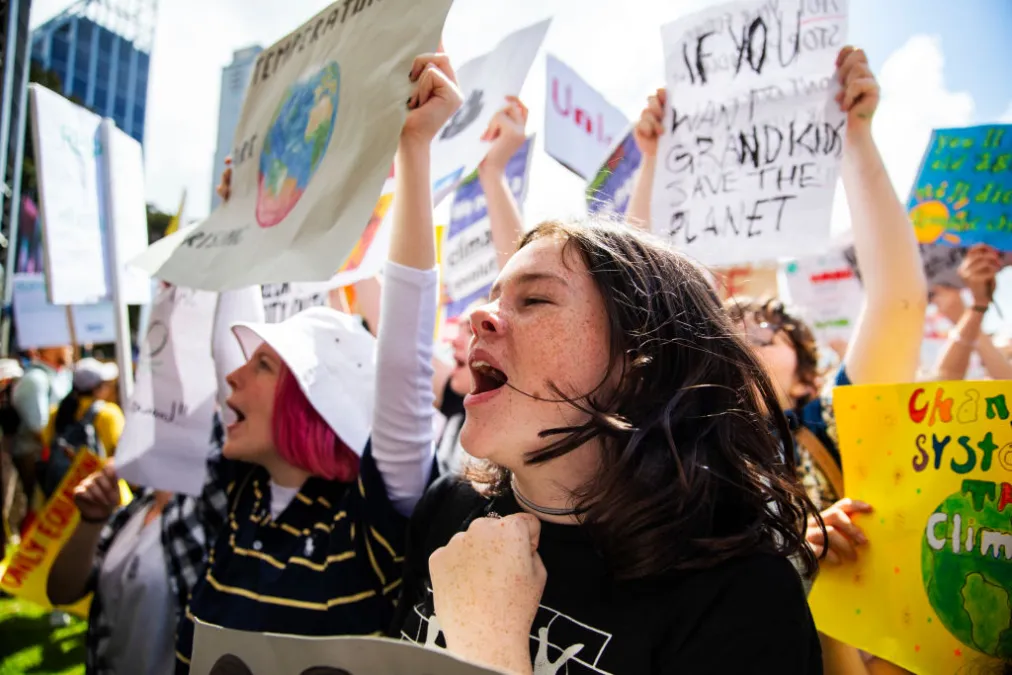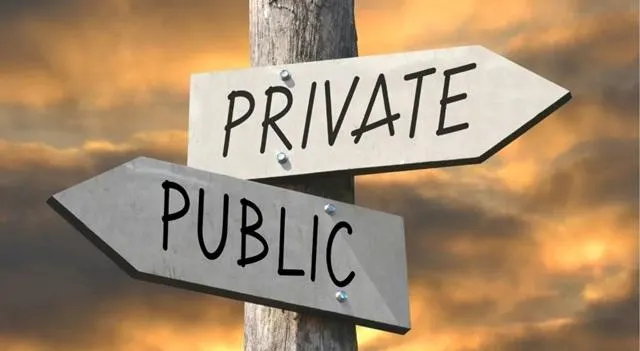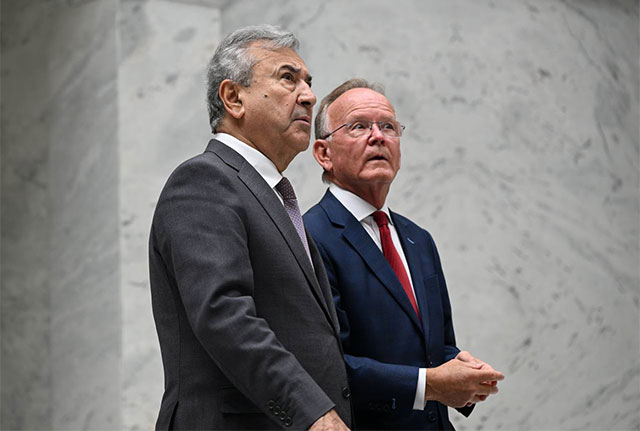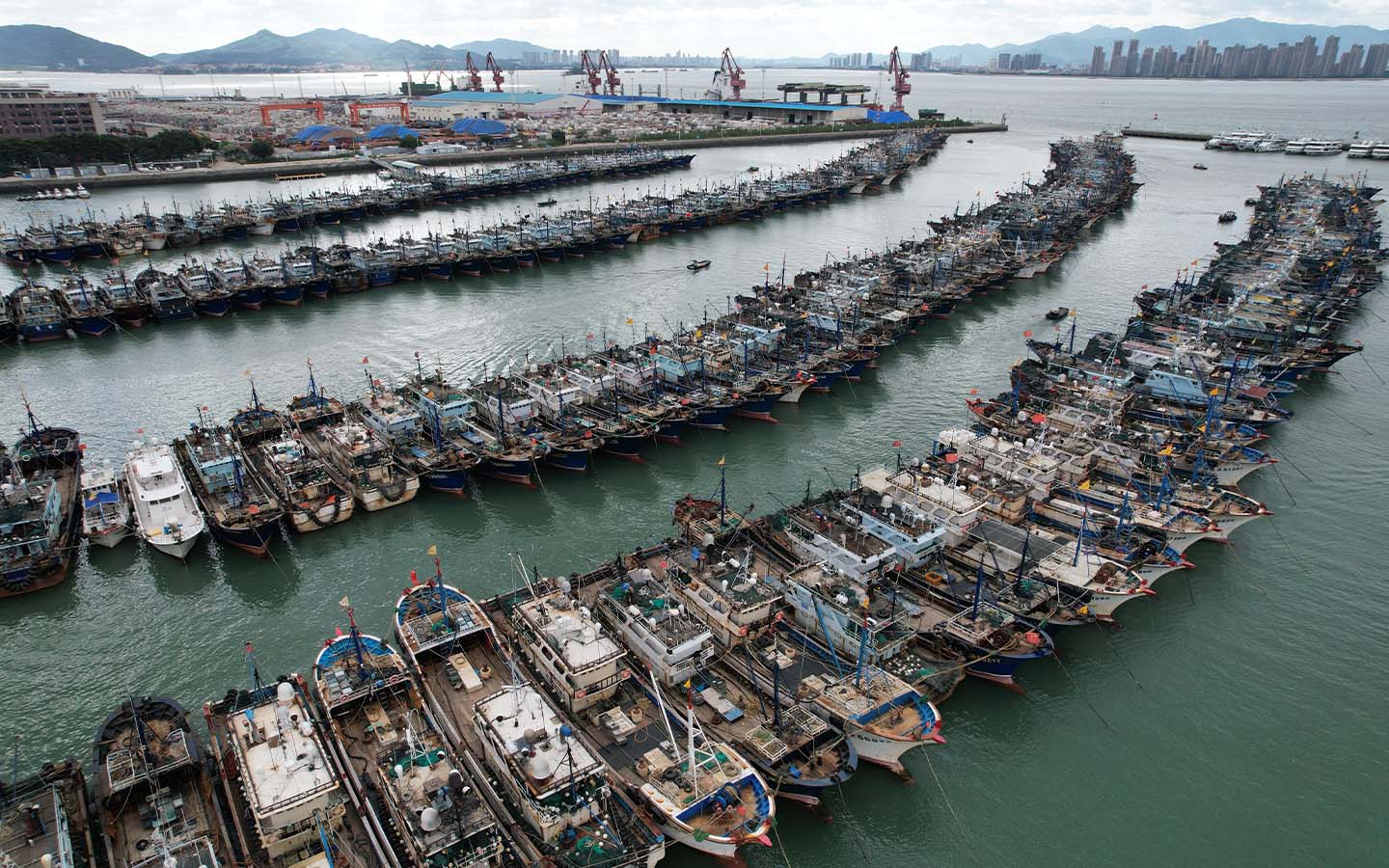By Catherine McKenna
Copyright time

The facts are undeniable: women are two and a half times more likely to demand government action on climate. They’re 60% more likely to use their voices to advocate for change and twice as likely to engage civically on the issue. Companies with more women in leadership roles are more likely to take decisive climate action, including disclosing their emissions. Women leaders in government, business, and civil society are driving progress. As Ugandan climate activist Vanessa Nakate said: “The most powerful force against climate change is a woman.”
Look at Greta Thunberg. What started as one young woman’s solitary protest in front of the Swedish Parliament grew into a global movement that mobilized millions of people and pushed governments—including Canada, which I was part of—to take stronger climate action.
Reflecting on the U.N. COP21 climate negotiations, it’s clear that women played a pivotal role in the success of the Paris Agreement. The women I met in Paris weren’t just there to participate—they were leading, negotiating, and shaping the course of those critical discussions at every level. Their leadership was integral to the deal we struck.



